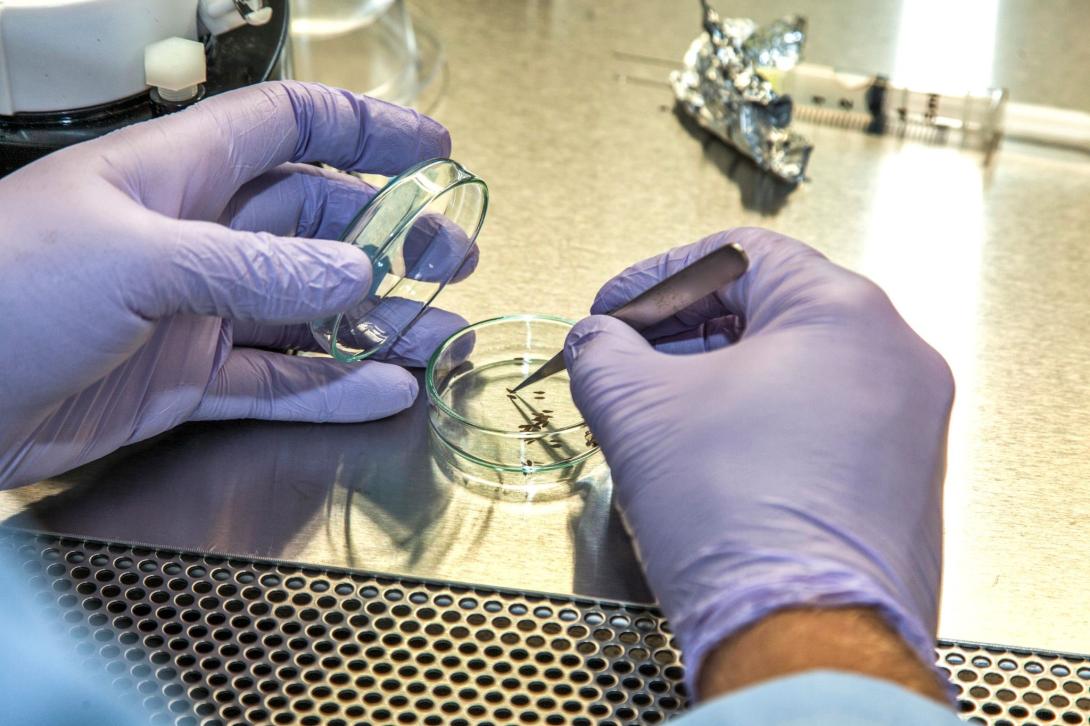
 Back to Career Explorer
Back to Career Explorer
Agriculture Scientist
Agriculture scientists study ways to improve the safety and productivity of crops. As such, they are important to maintaining and increasing the world’s food supply. Some agricultural scientists research the biological and chemical processes by which crops and livestock grow. Others study ways to improve the quality, quantity, and safety of agricultural products. An agricultural scientist may specialize in a particular type of food, plant, animal, or environment.

